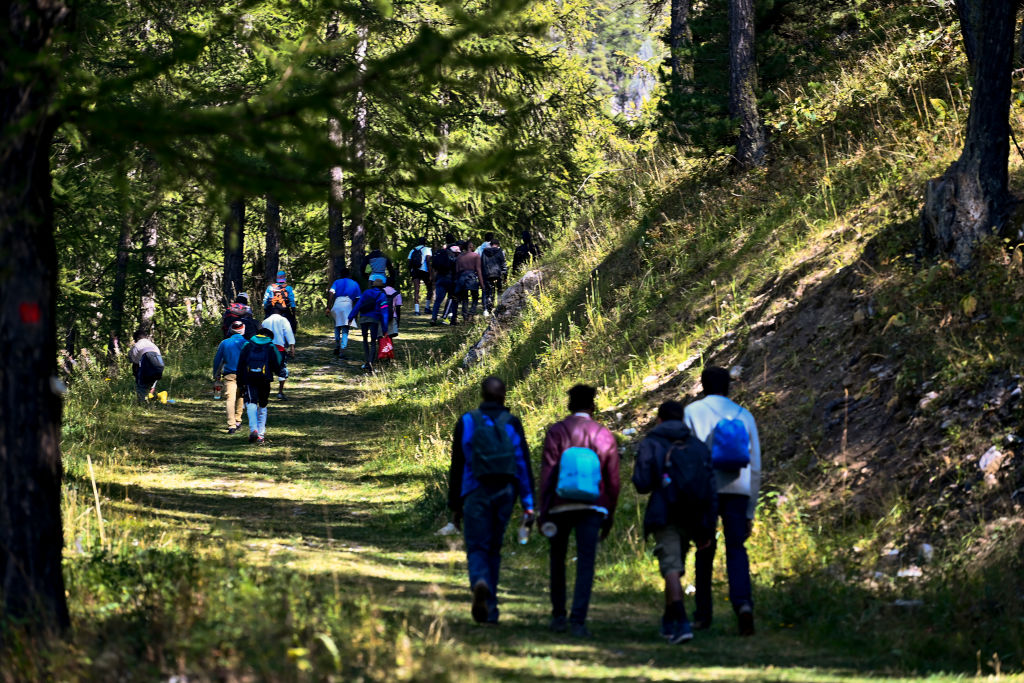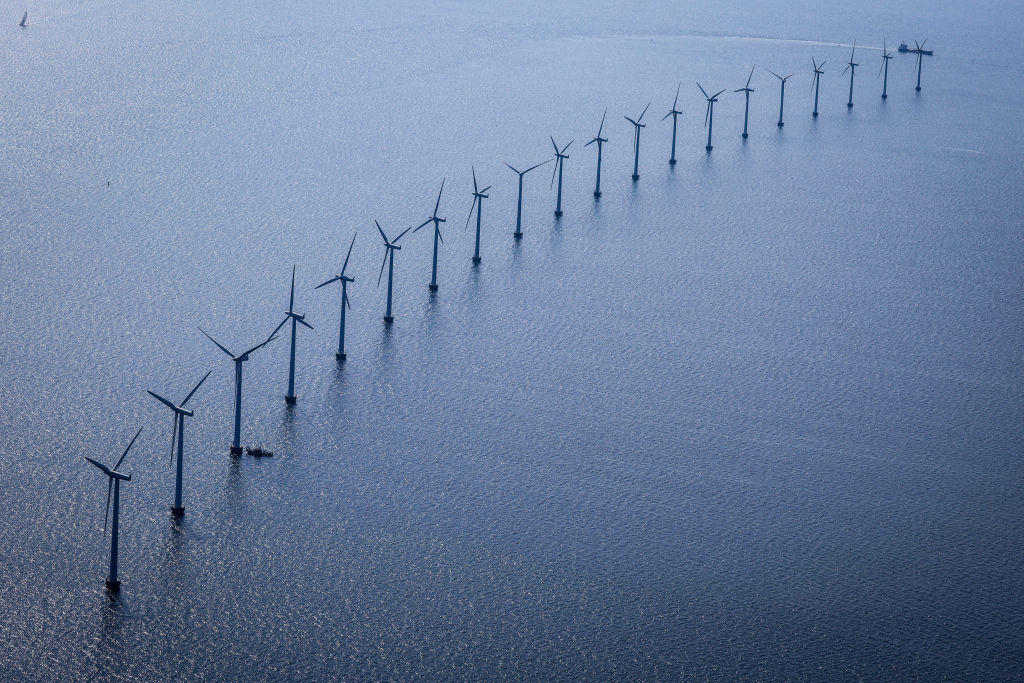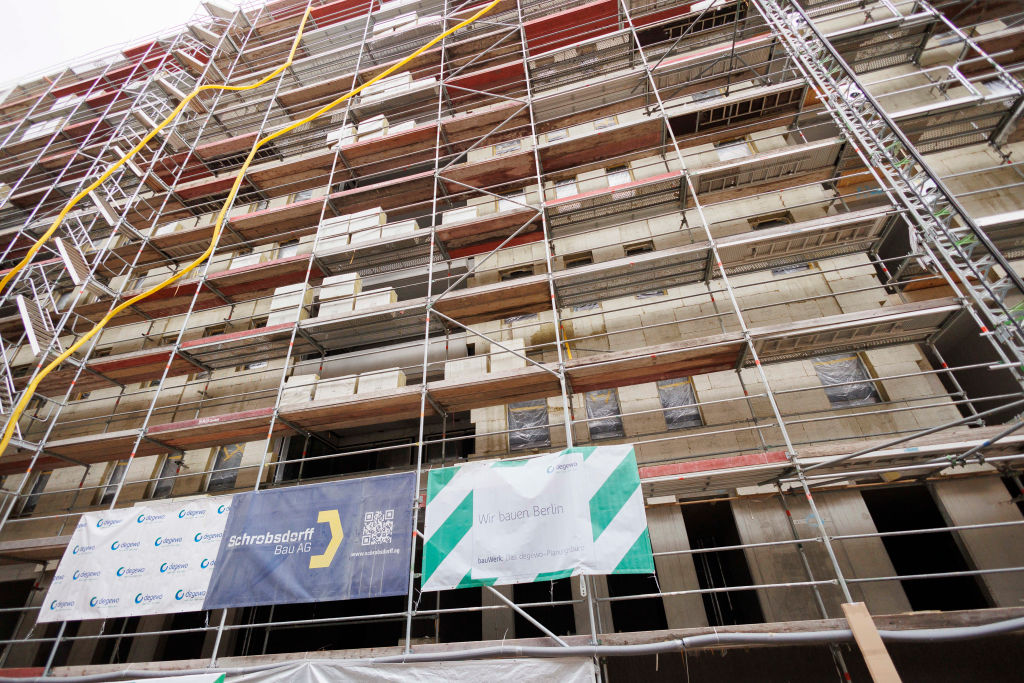Six Portuguese young people have launched a case at the European Court of Human Rights (ECHR) demanding 32 European nations take action against climate change.
The youngsters, aged between 11 and 24, claim the countries are failing to protect them against global warming. They say this violates their human rights.
The countries involved are the 27 European Union Member States plus Norway, Russia, Switzerland, the UK and Turkey.
The Portuguese complainants allege the governments’ inaction on climate change breaches their human rights and discriminates against young people.
They say forest fires and heatwaves are the result of global warming and claim devastating temperatures in their own country restricts their ability to sleep and exercise, harming their physical health and causing mental distress. They also say “climate anxiety” is now widespread among their generation.
“Without urgent action to cut emissions, where I live will soon become an unbearable furnace,” Martim Agostinho, 20, said in comments shared by the UK-based Global Legal Action Network (GLAN) ahead of the trial’s opening.
“It hurts me to know that European governments have the power to do so much more to do their part in preventing this and are choosing not to.
“Our message to the judges will be simple – please make these governments do what it takes for us to have a liveable future,” Agostinho said.
Another of the six, 15-year-old Andre Oliveira, previously told Reuters their goal was to force governments to “do what they promised they would do”. That was in reference to the 2015 Paris Agreement to cut emissions to limit global warming to 2 degrees Celsius and ideally 1.5C.
Current policies would fail to meet either goal, according to the United Nations’ Intergovernmental Panel on Climate Change.
The origins of this case trace back to the summer of 2017 when wildfires devastated the Portuguese district of Leiria, blazes that were sparked by criminal arsonists, according to the President of the Portuguese Firefighters League.
The six youths amassed €158,000 through crowdfunding to bring their allegations before the ECHR.
Some 22 judges will deliberate the case, which could have binding implications. The countries involved may be compelled to intensify their emission reduction targets, among other potential outcomes.
Before progressing, the judges must initially grapple with three pivotal inquiries. These will determine the viability of advancing the case. They have to determine whether the youths have exhausted all available legal remedies within their own country before resorting to the ECHR.
Judges will also have to decide on whether the youths have experienced a sufficient level of harm to qualify as genuine victims and, finally, they have to ascertain whether the 32 countries can be held accountable for climate-related damage in Portugal.
A decision is expected next year.
The youths’ challenge is similar to the Urgenda case previously held in the Netherlands. In that instance, the Dutch Supreme Court declared in 2019 that climate-change mitigation is a human-rights concern.
As a result, the Dutch Government was forced to cut greenhouse gas emissions by a quarter by 2020.
We're ready ?
⚖️ The hearing in the @ECHR_CEDH that could decide our future has just begun.
Government inaction around the #ClimateCrisis has lasted for far too long. We need change now. pic.twitter.com/uufvChNTmI
— Youth4ClimateJustice (@Y4CJ_) September 27, 2023





